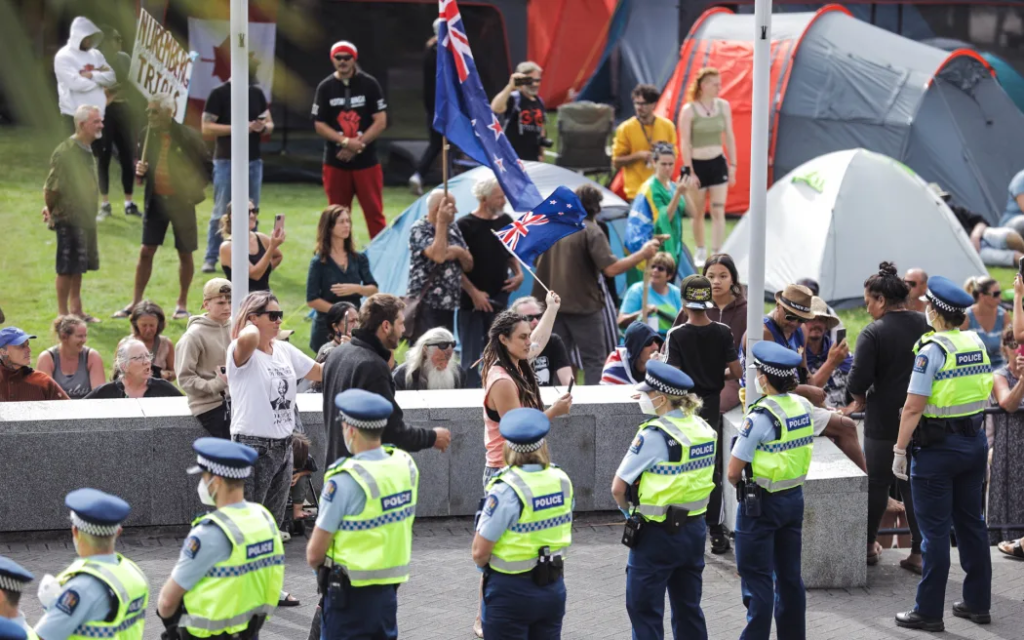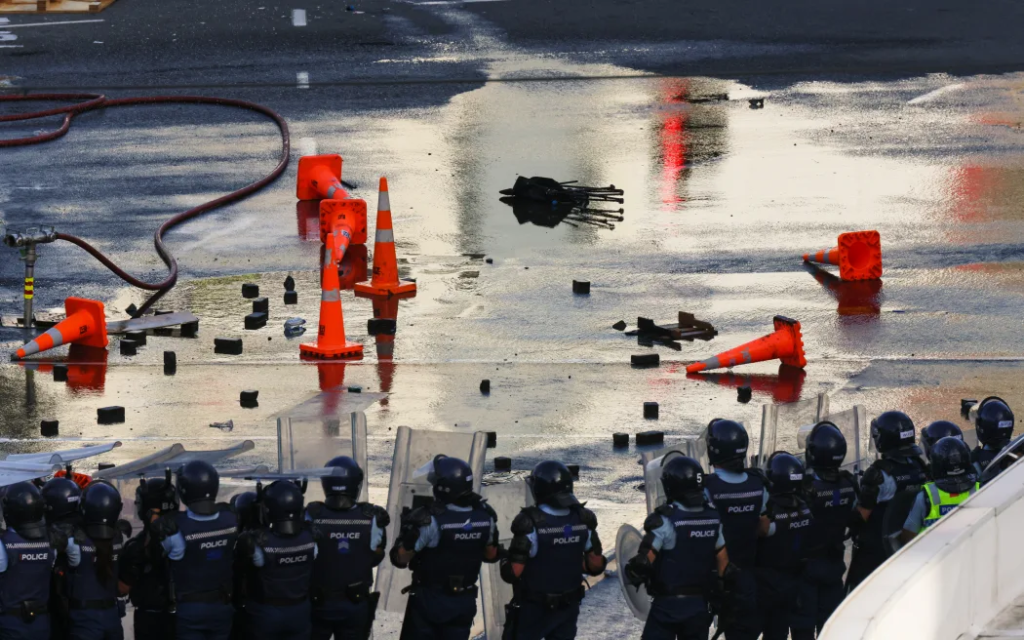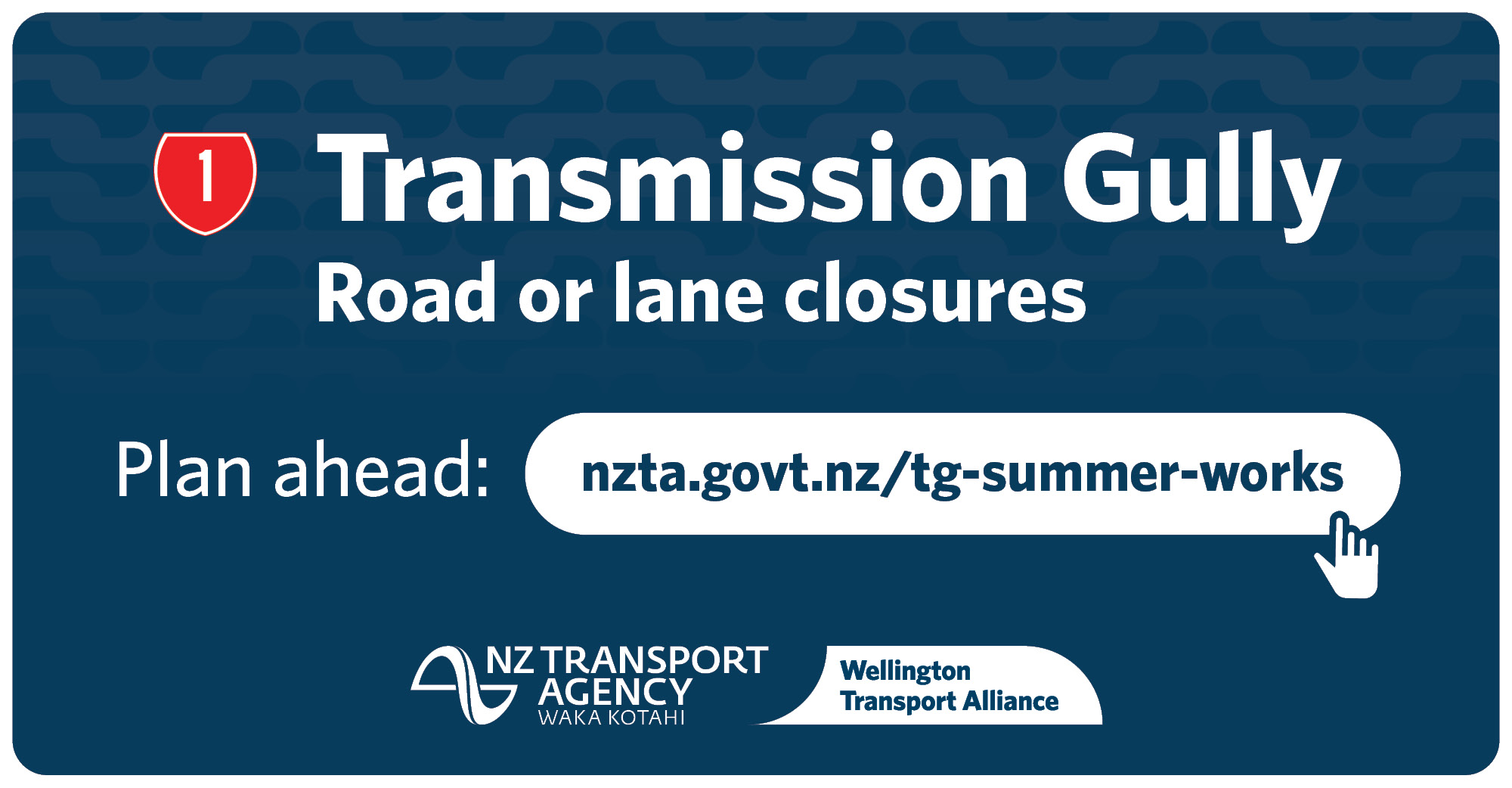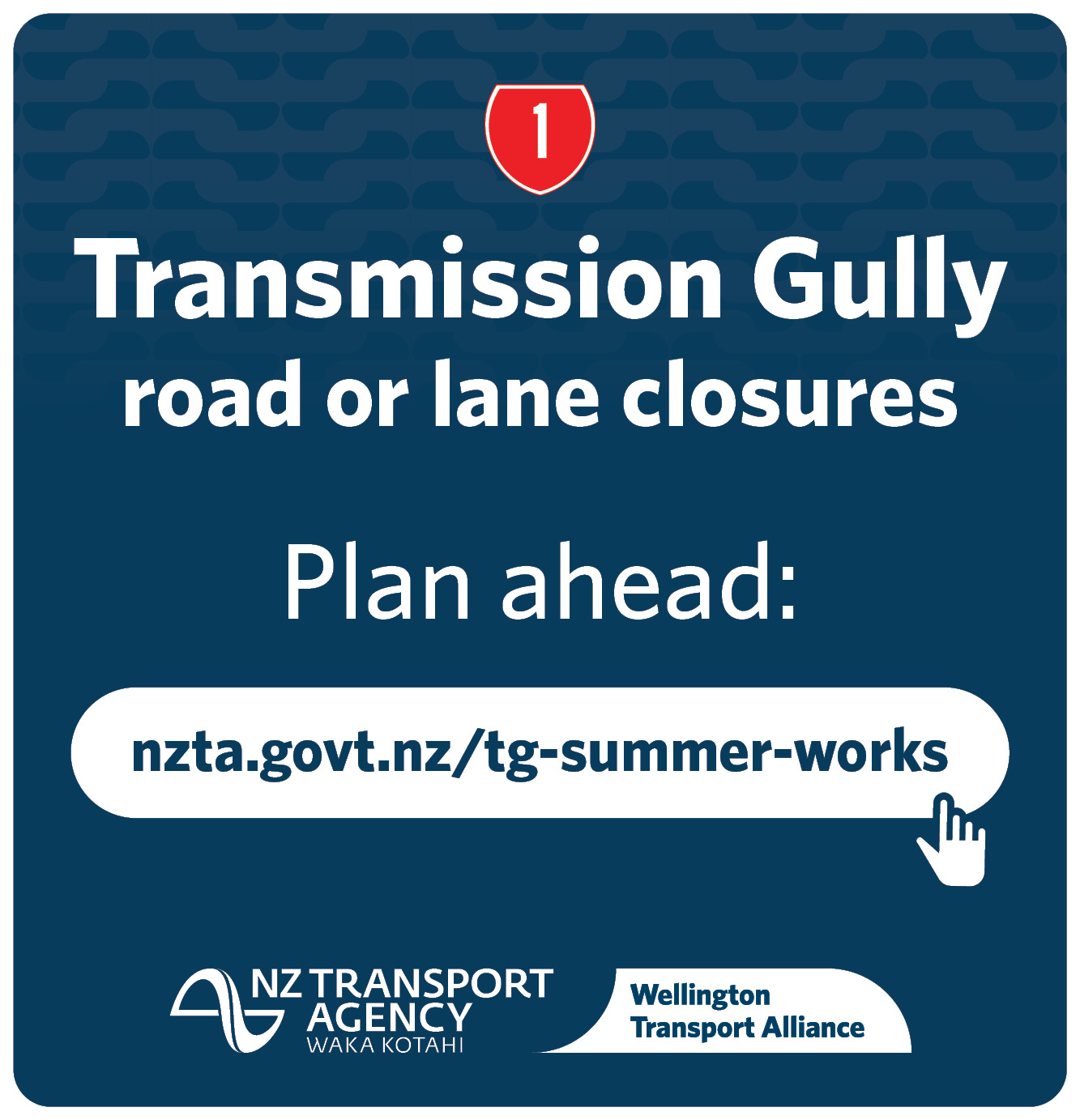
Teen awarded $5000 over ‘dangerous’ arrest tactic as IPCA finds six cases of excessive force
A teenager has been awarded $5000 in damages after the High Court ruled police used excessive force during the 2022 Parliament occupation — one of six cases formally criticised by the Independent Police Conduct Authority (IPCA).
Alexander Lawrence, who was 17 at the time, was arrested during the early days of the protest against Covid-19 mandates. The protest escalated into a weeks-long occupation that tested police response tactics and drew nearly 2000 complaints.
Justice Peter Churchman found that officers breached Lawrence’s rights by using a “dangerous and risky” head restraint manoeuvre while he lay compliant on the ground. Lawrence reported pain and temporary sensory issues after the arrest. His fellow protester, Laura Cassin, was also subject to excessive force but was not awarded damages.

The arrest, captured in footage reviewed by the court, was led by Sergeant Yancy Hawkins. The IPCA found his actions were outside standard police tactics, unnecessary, and excessive. The police internal investigation stopped short of pressing charges, but prompted a review of training and conduct.
Their case was part of a broader review by the IPCA, which investigated 21 formal complaints and found excessive force in six separate incidents. These included:
…’Police punching an elderly man, overusing fire extinguishers, smashing car windows, and mishandling arrests during the volatile final days of the protest.’
In one instance, a woman’s car was impounded, damaged, and moved without proper contact or procedure. In another, an officer punched a woman in the face during a skirmish, despite less forceful options being available.
IPCA Chair Judge Kenneth Johnston KC said while the protests presented significant challenges, police fell short in several instances. He called for national consistency in defensive tactics training and improvements to public order policing.
Deputy Police Commissioner Jevon McSkimming acknowledged the findings, calling the occupation “one of the most significant policing challenges in decades.” He praised the majority of officers but admitted mistakes were made and lessons were being implemented, including training upgrades and better equipment.

Police Association president Chris Cahill said the report confirmed public confidence in police professionalism, though he acknowledged gaps in public order readiness. “It was a reminder that police had forgotten just how important public order policing is,” he said.






















































